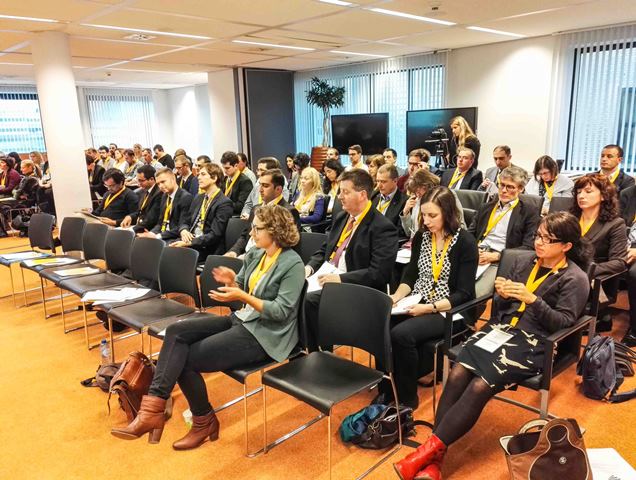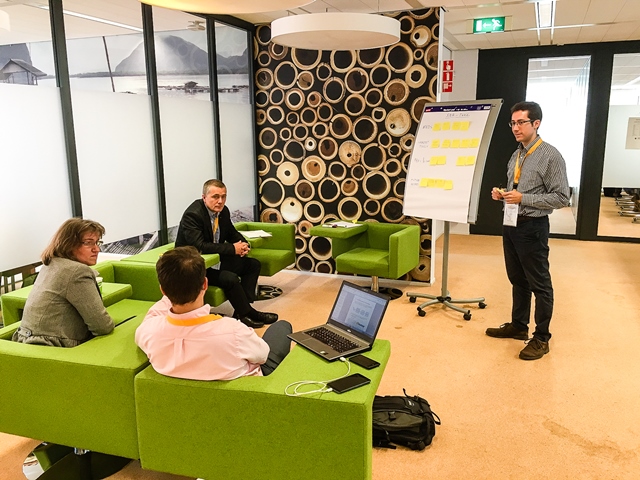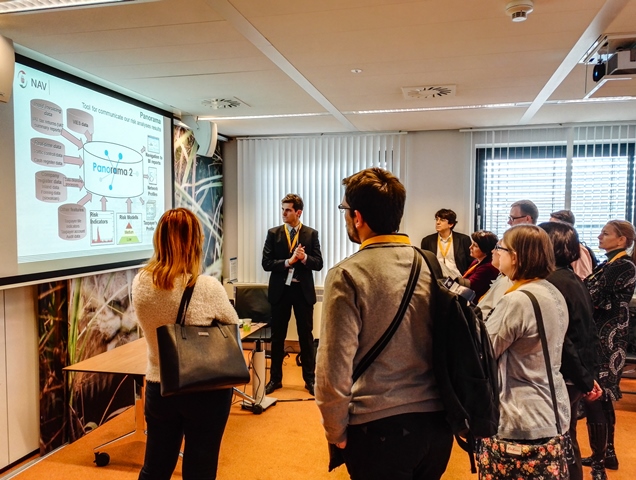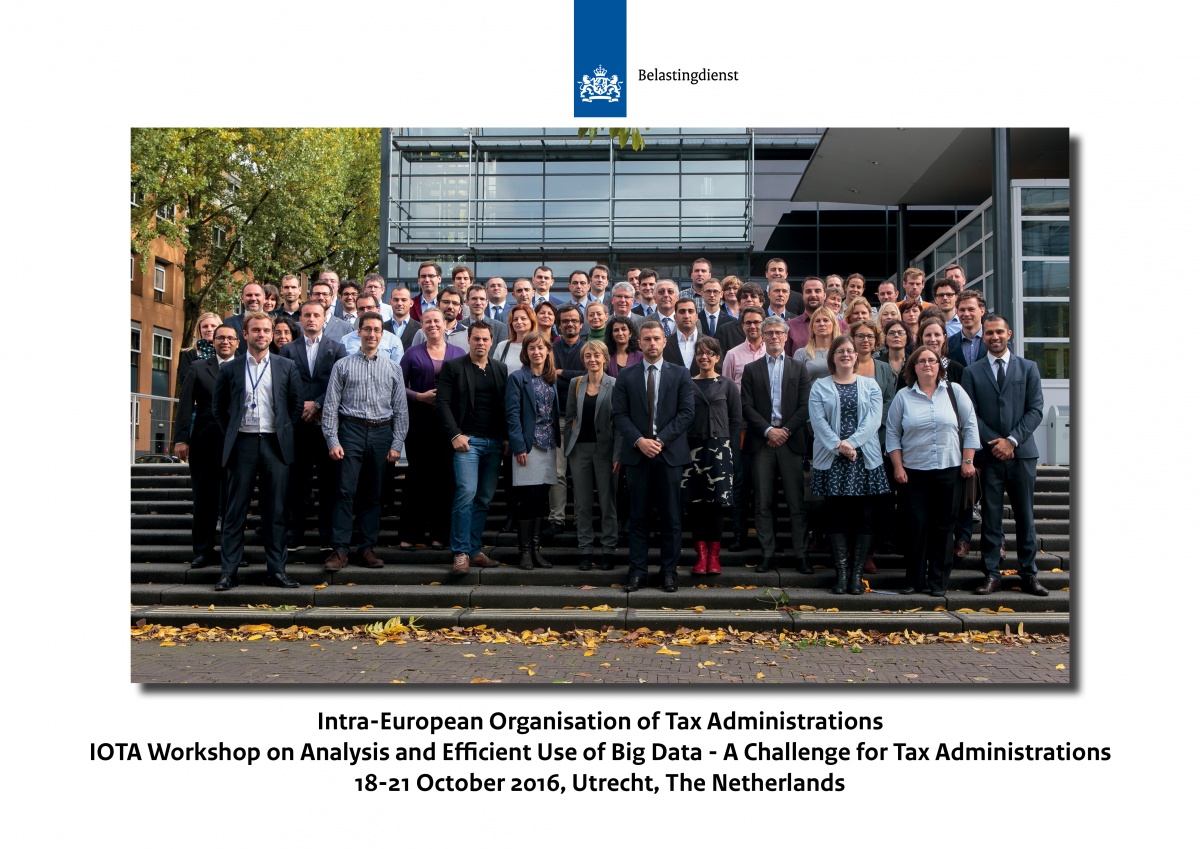The combination of connecting data, process automation and innovative analytics capabilities are dramatically reshaping the way businesses – and tax administrations – operate. Rapidly emerging new technological opportunities and data generation make it possible for tax administrations to collect, store and analyse more and more data. The availability of data and tools helps them to look through and analyse a broader life cycle of the taxpayer and business environment. Advanced tools could even assist in early identification, prevention and elimination of harmful and non-compliant behaviour of taxpayers and businesses. Also, combining so many and such diverse data gives tax administrations valuable insights that trigger to restructure and optimise internal (tax) processes. At the same time the evolution of big data brings along some challenges. How, for example, should these amounts of data be structured and organised to ensure that users understand them and able to easily utilise them? And, once created a data-driven innovative product, how can the experienced tax officials be persuaded of the product’s value when implementing it? Or, how do tax administrations cope with third party data and the possible privacy and security issues arising?

A workshop on ‘Analysis and Efficient Use of Big Data - a Challenge for Tax Administrations’ was held in Utrecht on 19-21 October 2016 and was organised by IOTA in cooperation with the Netherlands Tax and Customs Administration. A total of 80 participants from 32 IOTA member administrations along with the representatives of the European Commission's Directorate General of Tax and Customs Union attended this event to present their most recent solutions and share experience of applying data analytics in tax administration. The workshop was linked with the ongoing IOTA Good Practice Guide (GPG) project 'Applying Data and Analytics in Tax Administrations', sponsored by the Netherlands Tax and Customs Administration, with a view to attract not only the experts who already feel very comfortable using data and analytics, but also experts who want to learn some best practices in setting up a successful data analytics project in tax administration.

The workshop was structured around 6 parallel sessions, each offering country specific presentations from Hungary, Ireland, Latvia, Norway, Portugal, Spain, Sweden, Switzerland, the Netherlands as well as from the European Commission focused on VAT risk modelling, social network analysis, tax gap analysis, data management, web analytics, and communicating data and analytics. Participants of parallel sessions had the opportunity to join an open space discussion in small groups reflecting on the issues addressed by the country presentations, debating the problems and solutions for improving the quality level of data sources, and coming with ideas of applying data and analytics, especially in an international context. Further to the parallel sessions, 3 personal workshops were organised by the Dutch colleagues to foster delegates' capabilities to use different data science tools, conduct research and problem determination by means of interviewing, and enhance the way data analytics results are presented to business users and decision-makers.

Another highlight of the workshop was Exhibition Session displaying latest and most innovative solutions regarding predictive analytics, advanced analytics, data visualisation, and big data developed by tax administrations in Austria, Estonia, Hungary and the Netherlands.
Also, a visit to MIcompany was arranged. The organisation is specialized in Big Data Analytics focuses on to create value for their customers. Delegates had the opportunity to have an interactive presentation with one of the partners.
Additionally, a professor from the Dutch e-Sciencecenter was invited to the workshop to present their view how to get value out of big data.
All event material is available here for IOTA members.

